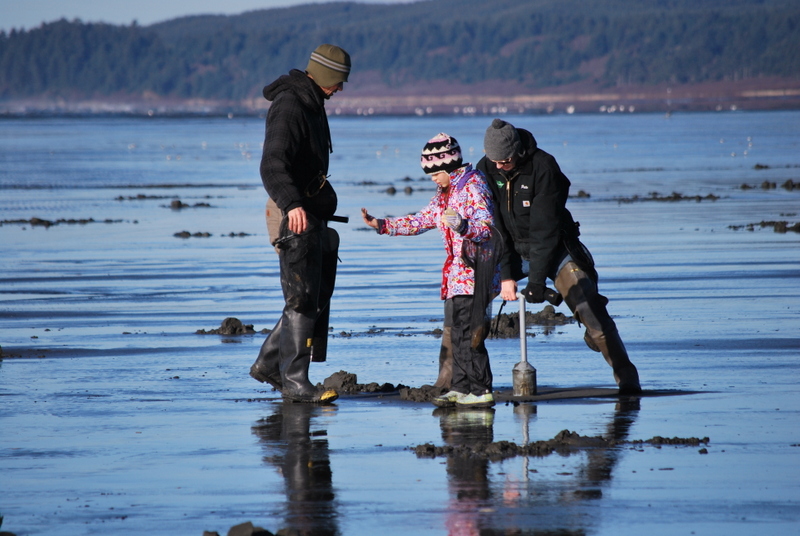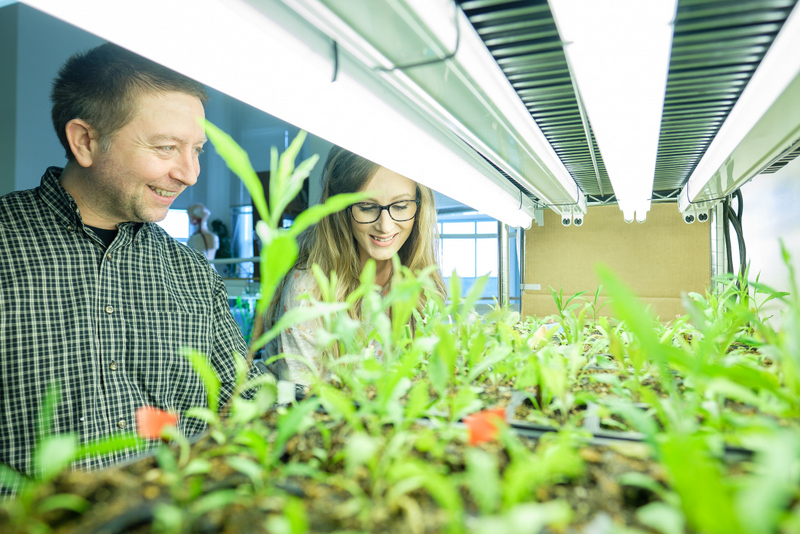One day several months ago, Dr. Aaron Coby, associate professor of biology and associate dean of the Saint Martin’s University College of Arts and Sciences, sat down to make a list. Saint Martin’s University was considering adding an environmental studies program, and since internships would be mandatory, he needed to ensure there were enough local organizations to support the attending students. “It didn’t take long to generate an extensive list of local places offering internships and doing work in sustainability, stewardship, and environmental policy,” says Coby. “These are issues that aren’t going away.”
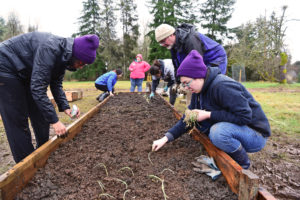
The university decided to move forward with the program and starting in 2018, Saint Martin’s will offer both B.A. and B.S. degrees in environmental studies. The B.A. will focus more on social policy and humanities, while the B.S. will include a year of general biology, general chemistry, and math. “The basis of the B.S. is science and ecology driven,” says Coby.
With existing faculty teaching courses in global climate change, environmental economics and ecology, the infrastructure for the degree was already in place. It didn’t require hiring additional staff or designing multiple new courses, says Dr. Robert Bode, assistant professor of biology. “We have the foundation. We hired two new biologists two years ago and new professors in social justice and other areas of focus. There are recent hires who are really enthusiastic about this.” For areas where the faculty lacks expertise, Coby wants to bring in outside specialists for specific courses. “If someone specializes in food sustainability, we’d like to bring them in.”
Bode will be part of the core teaching staff, since he teaches both ecology and field ecology. As one aspect of the latter, he trains students to conduct ongoing native plant studies. “We’re seeing if we can grow 36 yarrow plants on campus,” he says. “We’re going to see how this restoration project goes. Doing these kinds of student-derived research projects will be a good approach for future courses. The campus is also vast and beautiful, which means it’s always a good time for environmental studies.”
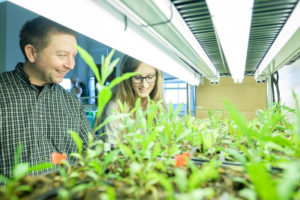
Student response has been positive, Coby notes. “We added the program to the academic catalog as an addendum and within the first week, a number of students came by to say, ‘I’m in.’” An information session was well-attended, and the program has been approved and will officially launch in the fall of 2018.
To build momentum, Saint Martin’s will host an open house on April 26 and invite local community groups onto the Lacey campus. “We want people to share ideas,” says Coby. “Our plan is to hold a film festival in conjunction with the open house. One of our students has parents who were founders of a film festival in California that focused on environmental and social justice issues and they’ve been helping us.” The university’s Biology Club will also co-host the event which will be open to the public.
Both Bode and Coby intend to connect with local organizations with an environmental focus as the program gets underway. “I’d like to introduce students to people from Green Diamond to discuss best management practices for forestry,” says Bode. “We’d also like to connect with the Washington Forest Protection Association and talk with Jill Silver at the 10,000 Years Institute.”
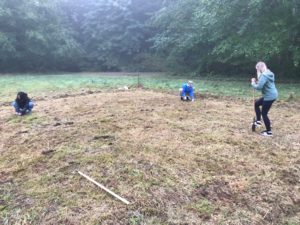
Coby agrees. “My biggest hope for the opportunity this degree will give us is to make a lot of connections with community groups,” he says.
Like many Saint Martin’s programs, environmental studies will be interdisciplinary, including biology, economics, political science, ecology and humanities as well as math. “The fundamental aspect is asking good questions and going out into nature to answer them,” says Bode. “We want student-driven questions that include business, history and English. With such access to the state legislature as we have in Olympia and being so close to the Department of Ecology, this is a good program in a good place at a good time.”
For more information about Saint Martin’s University, visit www.stmartin.edu or call 360-491-4700.






























